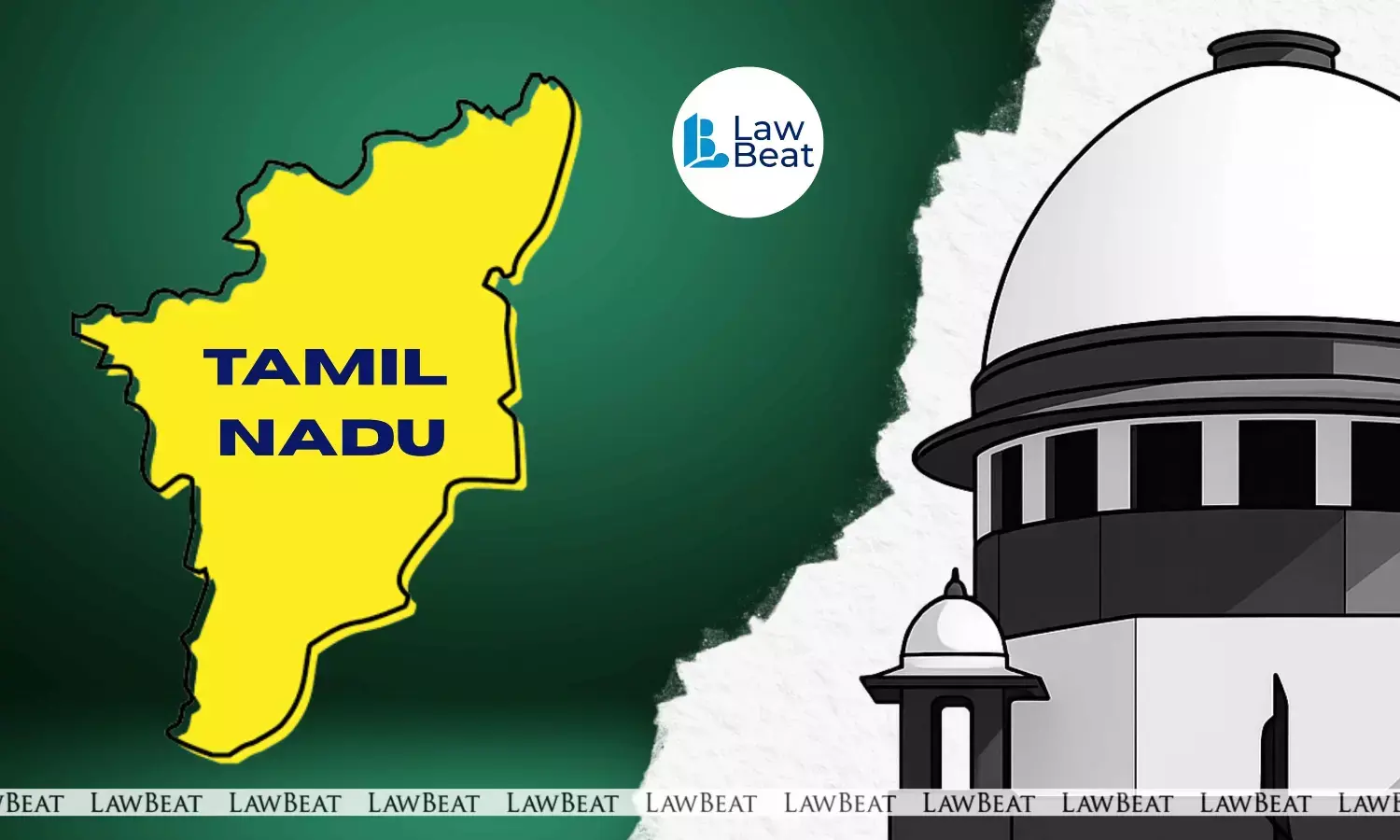SC Rejects Plea to Enforce NEP 2020 in TN, Kerala and West Bengal

The Supreme Court on Friday, May 9, refused to entertain a plea seeking the implementation of the National Education Policy (NEP) 2020's three-language formula in the states of Tamil Nadu, Kerala, and West Bengal.
A bench of Justices J.B. Pardiwala and R. Mahadevan, while dismissing the petition, reiterated that the courts under Article 32 cannot compel any State to implement the NEP. The bench also questioned the locus standi of the petitioner and accordingly ordered," The issue will be examined in appropriate proceedings".
Filed by Advocate G.S. Mani, the plea submits that all states are obligated to implement the NEP 2020 in letter and spirit, and to enter into Memorandums of Understanding (MoUs) with the Union Government for its execution.
The plea also notes that the Union Ministry of Human Resource Development introduced the New National Education Policy (NEP) 2020 with a goal to enhance the quality of education in India. NEP 2020 emphasises focusing on holistic development, critical thinking, and skill development.
Citing a Times of India report, the petition points out that Tamil Nadu Chief Minister M.K. Stalin recently stated he would never agree to implement the NEP. He further added that even if the Union Government were to offer Rs 2,000 crore or even Rs 10,000 crore.
In this regard, the plea argues that nowhere in the entire National Education Policy 2025 is Hindi imposed or are state governments compelled to make children study Hindi.
The plea submits that the policy merely states that financial assistance will be provided to introduce subjects like Hindi, English, State languages, or other relevant subjects in the curriculum.
The plea further states that the view taken by the Tamil Nadu State Government and its Chief Minister regarding the National Education Policy 2020 of the Central Government is completely false, arbitrary, politically motivated, and against the interests and fundamental rights of children—specifically, their right to free and effective education and to learn languages other than Tamil, including other Indian languages.
Noting that the Court does not generally have the direct power to compel a state government to accept a policy, the petition states that even in such cases, the Court has the authority to issue orders or directions to state governments where there is a violation of constitutional provisions or laws.
Case Title: G.S. Mani vs Government of Tamil Nadu
